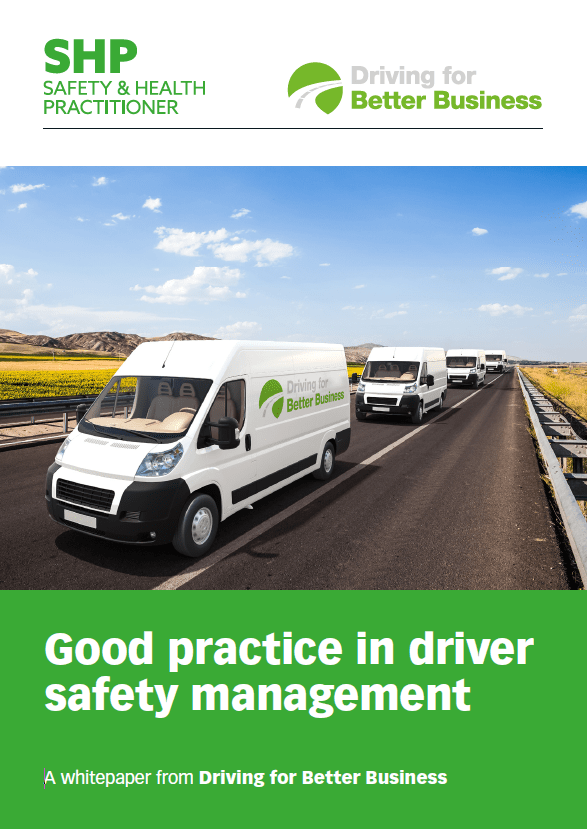The Prospect union has expressed concern that the closure of three
vehicle testing stations run by the Vehicle and Operators Services
Agency (VOSA) could put off heavy-vehicle operators from sending their
fleets in for safety examinations.
Prospect members in the Agency fear that the closures are the start of a wider programme to move operations into private facilities, which could damage the inspectorate’s strategic capacity to test.
VOSA said the shutdowns were part of a modernisation agenda to create a more efficient and customer-focused service for the testing of buses, coaches and lorries. Its long-term plan is to regenerate its ageing 90-site network with new authorised testing facilities under contract. As part of the programme, three stations — at Bredbury, Steeton and Par (St Austell) — will close, and staff will transfer to neighbouring stations to carry out tests.
The Agency’s chief operating officer, Alex Fiddes, said: “VOSA’s plans for a modernised service include refreshing the current designated-premises network with the creation of authorised testing facilities (ATFs) run by private companies, such as operators and maintenance providers. VOSA staff will continue to provide independent, regulated tests for the ATFs.”
But Prospect negotiator, Helen Stevens, warned this approach could have a detrimental impact on the safety-testing regime.
She said: “Our members readily acknowledge that VOSA’s existing network needs to be upgraded and better located, but fear that this is the start of a cost-saving exercise designed to shed VOSA estate rather than improve access to facilities. These plans could ultimately damage the Agency’s strategic capacity to test.
“Increased reliance on privately-owned testing facilities will force heavy-vehicle operators to travel greater distances to find an approved site, or use those owned by their competitors, both of which could act as deterrents.”
Kevin Clinton, head of road safety at the Royal Society for the Prevention of Accidents, told SHP: “The testing of large vehicles is an essential road-safety measure (and one highlighted by the Transport Select Committee’s report on road safety last year – see previous news story) and we know that when the Police and VOSA conduct roadside checks they constantly find illegal and unsafe vehicles. It is important, therefore, that VOSA ensures that its reorganisation does not result in lower levels of testing.”
Joan Williams, head of road freight and enforcement policy at The Freight Transport Association (FTA), added: “The FTA sought and obtained from VOSA assurances that the closure of these three test stations would not result in longer distances for operators to travel to, and that service levels would remain constant. We would therefore hope that in terms of health and safety there should be no impact at all. However, now that we know exactly which test centres are to close, FTA will monitor the situation closely and consult with our members to measure any real impact.”
Reacting to Prospect’s fears, a spokesperson for VOSA said: “We do not think the modernisation programme will weaken the safety testing regime because all tests will be conducted by VOSA staff.”
He added that the Agency has quality assurance standards and processes in place, which monitor the quality and consistency of tests carried out at designated premises, as well as at its own stations. All designated premises are also risk-assessed for the safe conduct of vehicle testing, both before the site is approved and regularly when it is operating.
This eBook will guide you through some of the key understandings you need to be able to manage driver safety effectively and, at the end, provide a series of free resources you can access to help you ensure your own driver safety management system is robust, legally compliant and in line with industry-accepted good practice.
Download this eBook from Driving for Better Business and SHP to cover:
- Why do we need to manage driver safety?
- Duty of care – a shared responsibility;
- Setting the rules with a driving for work policy;
- Managing driver safety;
- Ensuring safe vehicles;
- Safe journeys and fitness to drive;
- Record keeping;
- Reporting;
- The business benefits of good practice;
- Additional resources

